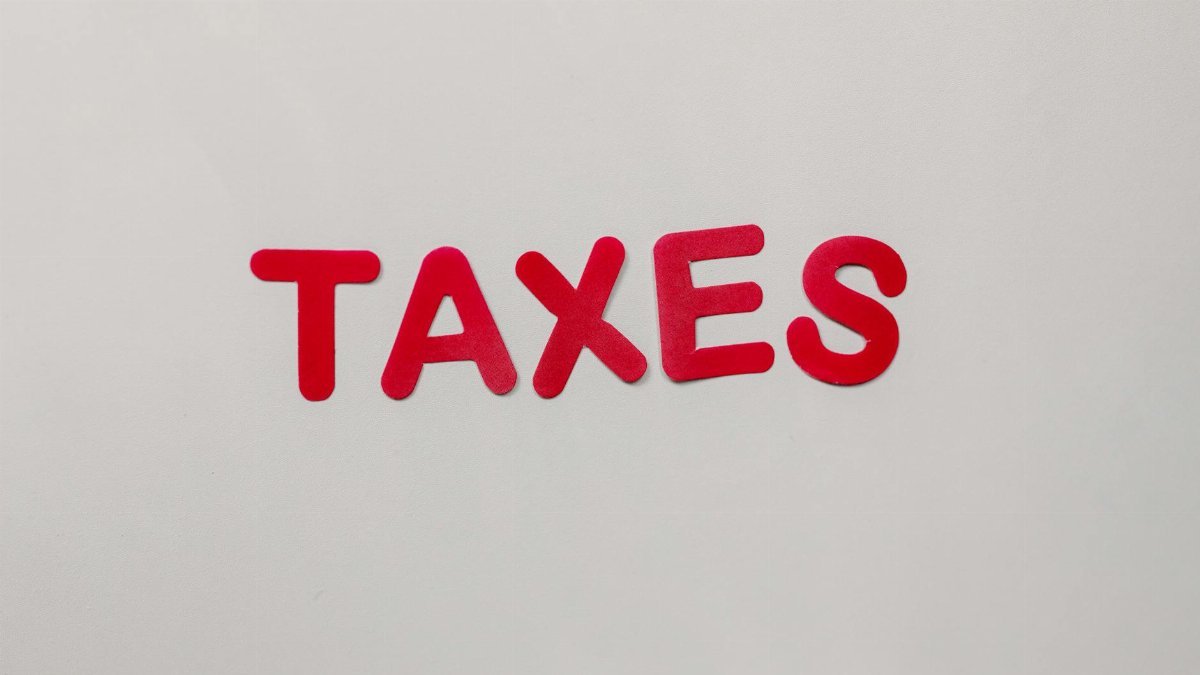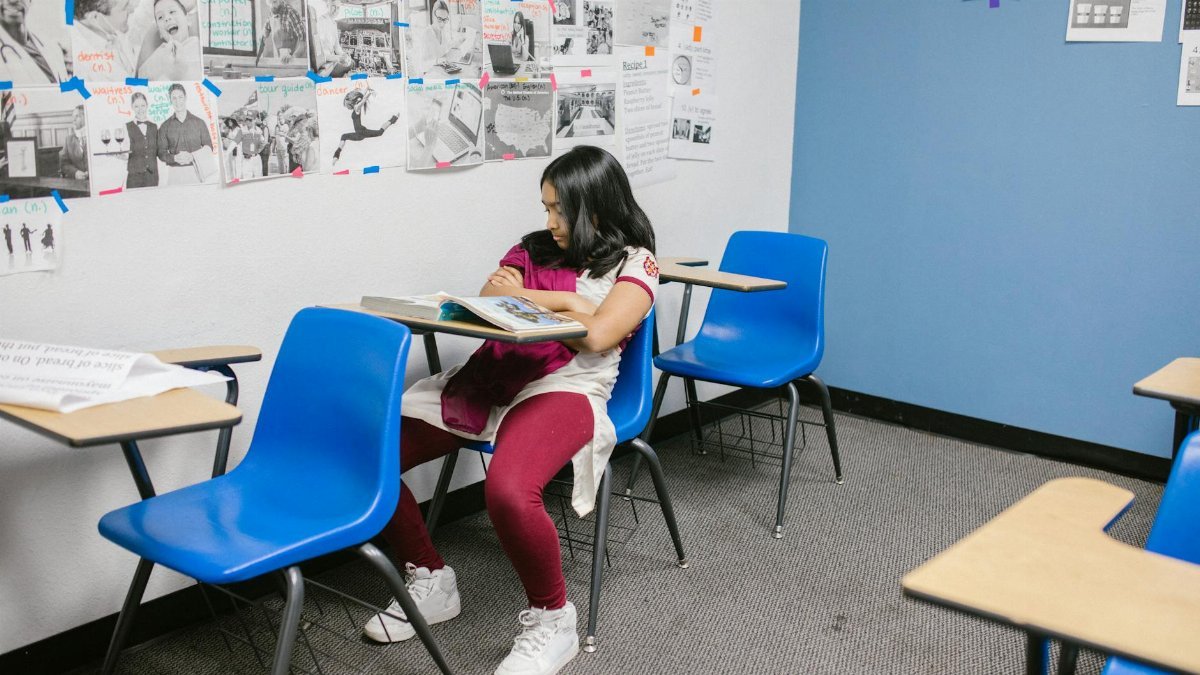Is the Arkansas cellphone ban the game-changer schools have been waiting for? Signed into law as Act 402 by Gov. Sarah Huckabee Sanders on March 15, 2025, this bold measure prohibits student cellphone use from the first bell to the last across the state for the 2025-26 school year. Beyond the ban, the law allocates $3 million for 120 “Mindfulness Reset Rooms” to support student well-being. Early data suggests it’s working, and educators are taking note as Arkansas pioneers a new approach to classroom focus.
A Sweeping Ban on Cellphones

Act 402 doesn’t mince words: cellphones are off-limits for students during the entire school day starting in the 2025-26 academic year. This “bell-to-bell” policy applies to every public school in Arkansas, aiming to curb distractions and foster a more engaged learning environment. Gov. Sanders championed the law as a way to prioritize education over screen time, signaling a significant shift in how schools manage technology. The Arkansas cellphone ban is one of the strictest in the nation, setting a precedent for others to watch.
Early Results Show Promise

Pilot programs in Springdale and El Dorado, conducted between January and February 2025, offer a glimpse of the ban’s potential impact. Behavior referrals dropped by a striking 28%, suggesting fewer disruptions in classrooms. Even more compelling, 8th-grade math scores rose by five points during the same period. While it’s early days, these figures indicate that removing cellphones could have measurable benefits for both discipline and academic performance. Educators in these districts reported a noticeable shift in student focus.
Mindfulness Rooms as a New Solution

Alongside the Arkansas cellphone ban, Act 402 introduces a unique alternative to traditional discipline. The state has committed $3 million to establish 120 “Mindfulness Reset Rooms” across schools. These spaces are designed as calming environments where students can de-escalate, reflect, and refocus without the pressure of punitive measures. It’s a forward-thinking approach, blending mental health support with the push for reduced screen time, and it could redefine how schools address behavioral challenges.
Compliance and Accountability Measures

To ensure the ban isn’t just a paper policy, the Division of Elementary & Secondary Education will conduct quarterly compliance audits starting in November 2025. These audits will monitor how schools enforce the cellphone restrictions and utilize the Mindfulness Reset Rooms. The state is serious about tracking outcomes, with a comprehensive report due by July 2027. This report will dive into key metrics like bullying rates, attendance figures, and shifts in counselor caseloads, painting a fuller picture of the law’s impact.
Addressing Bullying and Attendance

One of the anticipated benefits of the Arkansas cellphone ban is a potential reduction in bullying. With cellphones out of the equation during school hours, cyberbullying and social media conflicts could see a decline. The upcoming 2027 report will specifically analyze bullying trends, alongside attendance data, to assess whether the policy encourages students to stay present—both physically and mentally. If the early pilot results hold, this could be a significant win for school climates statewide.
Supporting Counselors and Staff

The introduction of Mindfulness Reset Rooms and the cellphone ban also aims to lighten the load on school counselors. By providing designated spaces for students to reset, the law could reduce the number of cases counselors handle daily. The 2027 report will examine shifts in counselor caseloads, offering insight into whether these measures create a more sustainable workload for school staff. It’s a critical piece of the puzzle as Arkansas seeks to balance discipline with support.
National Context and Future Implications

Arkansas isn’t alone in grappling with cellphone use in schools, but its comprehensive approach stands out in 2025. States across the U.S. are debating similar restrictions, with growing evidence linking excessive screen time to academic and mental health challenges. For broader context on this trend, resources from the Pew Research Center highlight the pervasive role of technology in teen life. Additionally, the U.S. Department of Education offers insights into policies shaping student well-being. Arkansas’ experiment could inform national policy if the results continue to impress.
What’s Next for Arkansas Schools?

As the 2025-26 school year approaches, schools are gearing up to implement Act 402. Training staff, setting up Mindfulness Reset Rooms, and communicating the cellphone ban to parents and students will be key priorities. The quarterly audits starting in November 2025 will provide ongoing feedback, while the comprehensive 2027 report will serve as the ultimate benchmark. For now, the early success in Springdale and El Dorado fuels cautious optimism that Arkansas may have found a formula for better schools.
